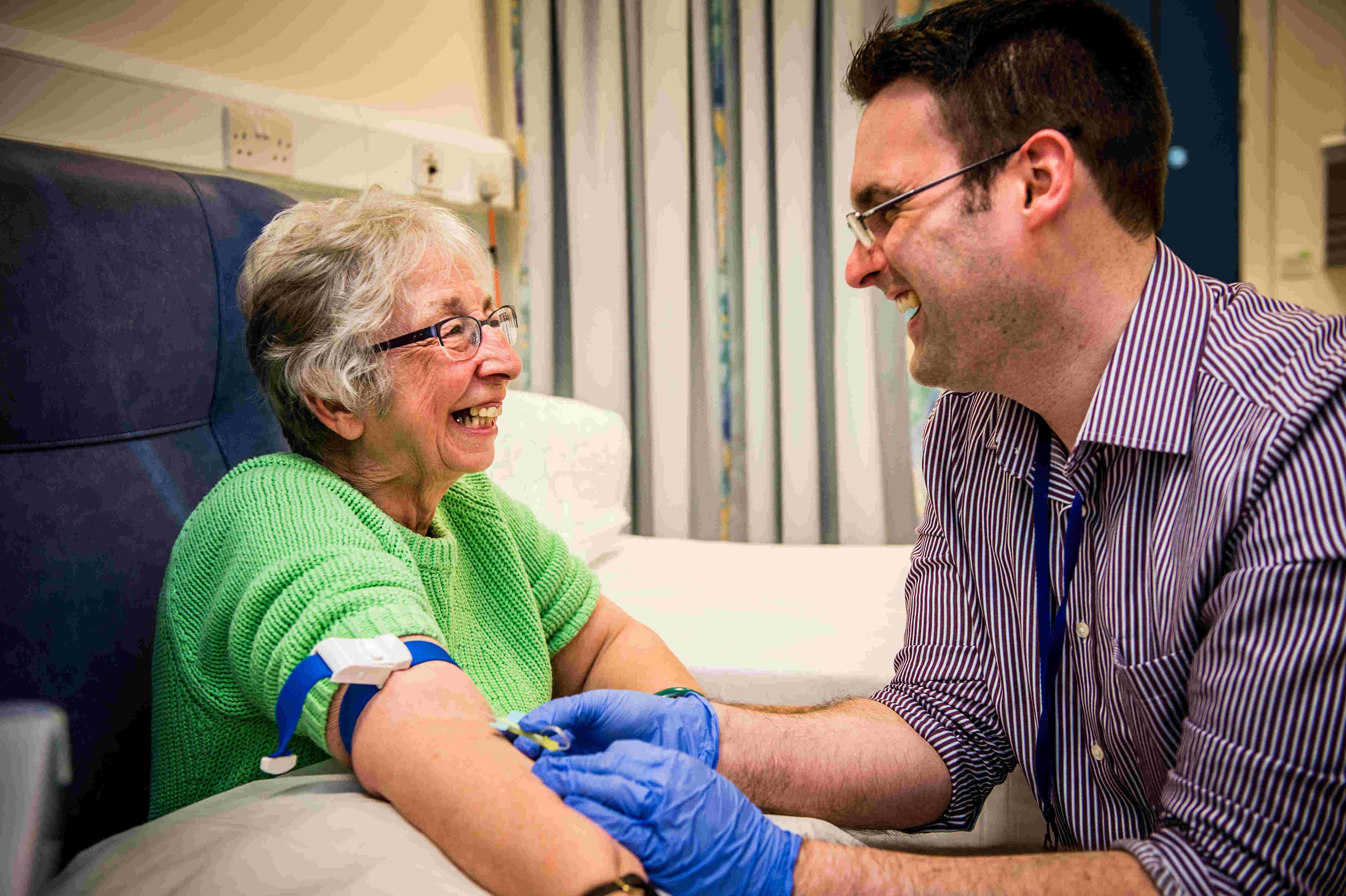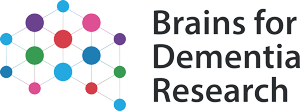Blood samples
Blood samples from BDR donors provide a rich resource to researchers interested in clinical biomarkers. We have blood samples from over 450 BDR participants and this number is rising. Many of the blood donors have undergone several venepunctures at multiple time points. In tandem, they have also completed associated clinical assessment reviews. This has provided us with linked blood samples and serial assessment data, enabling researchers to gauge levels of biomarkers in the blood with observed changes in cognition.
Not only are we able to look at blood biomarkers linked to longitudinal data, but we also have P.M. diagnosed human brain tissue, genetic data, and in some instances, fibroblasts and stem cells, all from the same case! We believe that this makes BDR a hugely valuable resource and a one-stop-shop for researchers.
How do I request blood samples?
By application form (including scientific justification, lay summary, hypothesis, background and methods) We supply blood samples and associated tissue and data to researchers around the globe from academia and industry. All applications are reviewed by a panel of experts and lay members, and as the samples are such a precious resource, applications must demonstrate sound scientific merit to be considered. Staff at the BDR coordinating centre are available to offer guidance and support, so please feel free to contact us with any enquiries at email, BDR.coordinatingcentre@ncl.ac.uk . Further information about the application process, can be found on the BDR website: here
What samples are available?
We have samples of plasma, serum, whole blood and buffy coat.
Do I need ethical approval?
Yes, but REC approved Research Tissue Banks can supply human samples for UK research under generic “Research Tissue Bank” approval for projects in the UK. Requests from overseas need approval by your Institutional Review Board.
What happens after approval?
Once an application has been approved, the steps necessary to receive the blood samples include:
- Initiating a Material Transfer Agreement (MTA). This will be agreed between your institution and BDR.
- As part of this agreement, will be a requirement for the researcher to acknowledge use of the BDR tissue amples/data in any resulting publications.
The blood samples are stored in the Central Biobank at Newcastle University. The team at the BDR Coordinating Centre communicate and support researchers throughout the application process and will liaise with both the researcher and the Biobank in organising the dispatch of samples. The Biobank staff arrange the specialist courier and oversee the safe delivery of samples.


